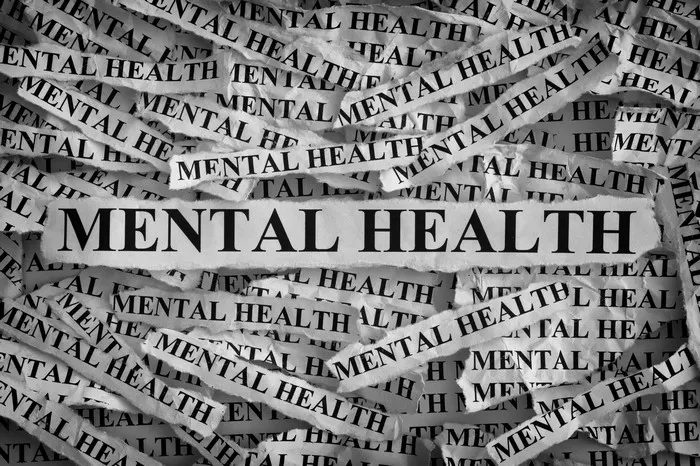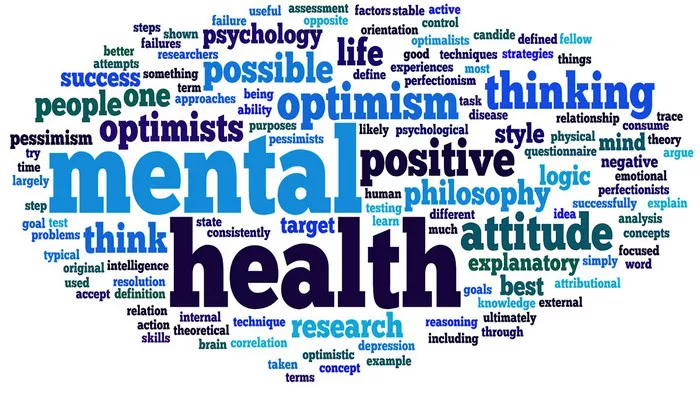In an innovative approach to mental health care, NHS patients will soon have access to comedy shows as part of a groundbreaking trial aimed at reducing treatment costs and enhancing well-being.
The initiative, dubbed “comedy-on-prescription,” will be managed by Craic Health, a tech company specializing in social prescribing programs. This trial will offer NHS patients tickets to stand-up comedy performances and improv workshops, designed as non-medical interventions for various mental health conditions.
Comedy-on-prescription is part of a broader trend of social prescribing, which encourages alternative treatments such as nature walks, choir participation, or gardening projects. Craic Health has already hosted various themed comedy events, including alcohol-free shows, LGBT+ inclusive comedy, and even performances for babies and in different languages.
The project’s main objective is to explore whether these comedic experiences can help alleviate the financial burden on England’s mental health services. Craic Health believes that, if successful, comedy could become a widely accepted form of social prescription within the NHS.
This initiative has gained the backing of Dr. Simon Opher, a Labour MP and advocate for reducing over-reliance on prescription medications. Dr. Opher has long warned against the growing trend of excessive prescription of antidepressants, which increased by 2.1% in 2023/24, with 8.7 million people in England using these medications. He has also supported the use of the arts in healthcare, including a pioneering social prescription program in Gloucestershire, where activities like poetry, drama, and gardening were integrated into treatment plans.
“I’ve specialized in using the arts to improve health outcomes, but this is the first time we’re testing comedy, which is truly exciting,” Dr. Opher stated. “I believe this could be a major breakthrough in offering non-medical, effective alternatives for mental health care.”
Craic Health founder, Lu Jackson, emphasized the physiological benefits of comedy, stating that laughter can significantly reduce stress hormones and increase levels of dopamine, serotonin, and endorphins—chemicals associated with feelings of happiness and well-being.
“Just one session at a comedy workshop or stand-up show can have a positive impact that lasts for up to 24 hours,” Jackson said. “It’s a natural, accessible way to enhance mental health, potentially reducing reliance on antidepressants.”
Craic Health has received support from the One Westminster charity, which has assisted in organizing events for disadvantaged and isolated communities, including homeless individuals and older adults. The company’s approach has yielded positive feedback, with attendees reporting significant improvements in mood following their participation.
Robert Rigby, Conservative councillor and Lord Mayor of Westminster, visited one of Craic’s events at St John’s Wood library and praised the initiative. He noted the social benefits of comedy, particularly its ability to unite people and reduce feelings of isolation.
“The show highlighted how comedy can bring people together, relieve isolation, and create a sense of shared experience—often by laughing at the things that unite us,” Rigby said.
As the trial progresses, the collaboration between Craic Health, local communities, and health organizations will continue to explore the potential for comedy-based interventions as part of the NHS’s broader efforts to address the nation’s mental health crisis.
Related Topics

































